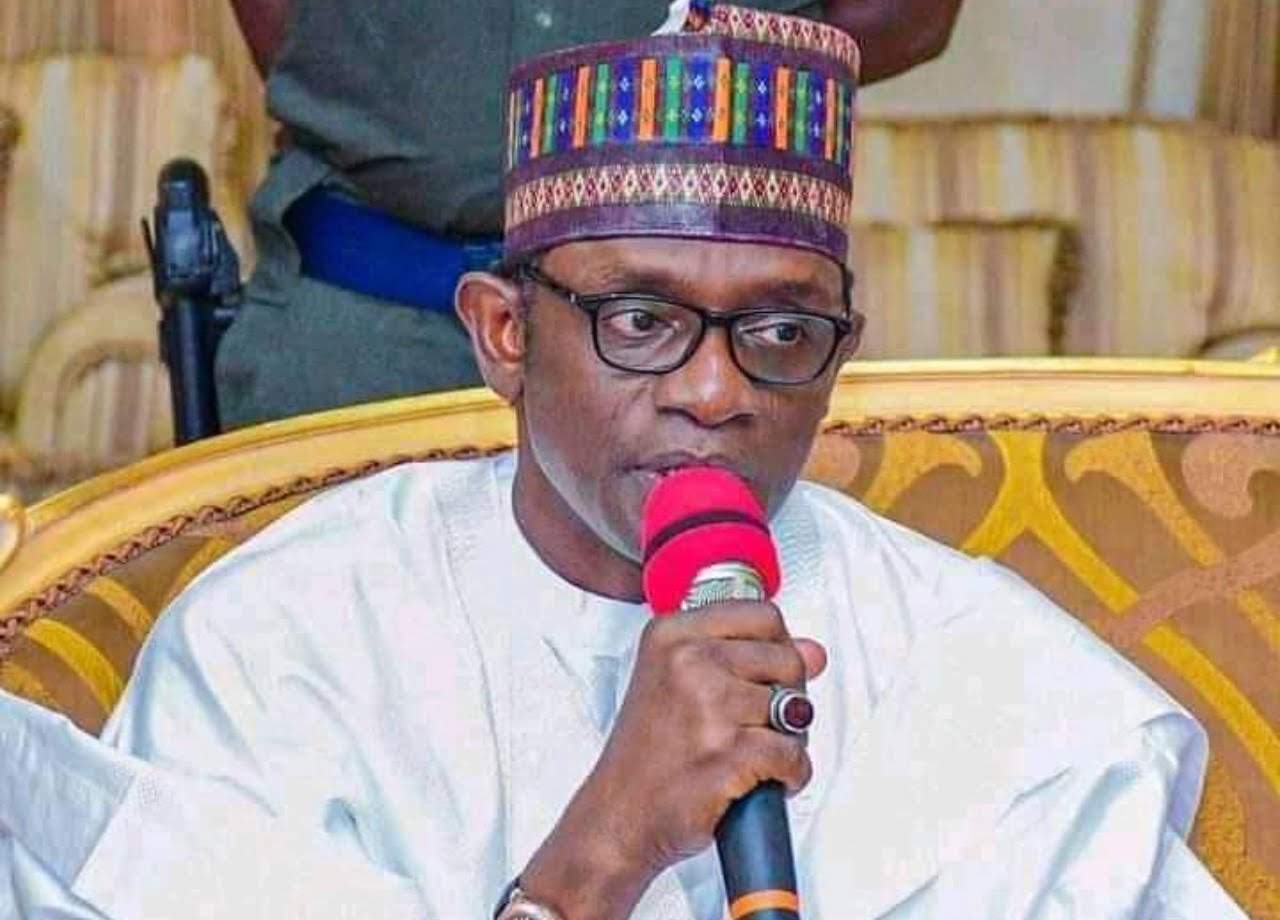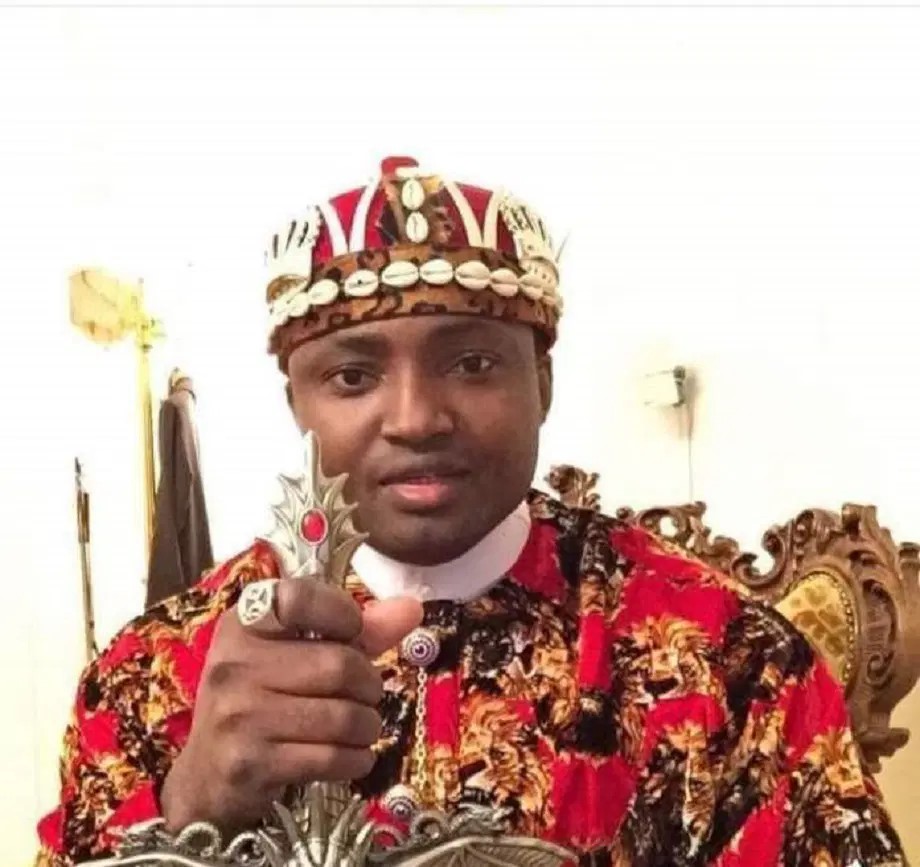A former Governor of Osun State, Rauf Aregbesola, has raised the alarm over what he described as “worsening economic, political, and spiritual conditions” in Nigeria.
He stated that if left unaddressed, these conditions could lead to a revolution.
Mr Aregbesola, a former political ally of President Bola Tinubu, made this statement on Monday during a panel session at a national dialogue on the Parliamentary Bill, organised by the Parliamentary System Support Group in the House of Representatives in Abuja.
The session featured Mr Aregbesola, the former Speaker of the House of Representatives, Yakubu Dogara, the Minority Leader of the House, Kingsley Chinda, youth advocate Chimdi Neliaku, and the Vice-Chancellor of the University of Benin, Edoba Omoregie.
It was moderated by Nnenna Ekeji, a former member of the lower chamber.
The group is advocating for Nigeria’s return to a parliamentary system. In February, 60 lawmakers sponsored a bill in the National Assembly to amend the 1999 Constitution to facilitate the transition to the system.
Revolution
Mr Aregbesola stated that Nigeria is declining daily. He cited rising inequality between the few wealthy and the majority poor. He said the worsening economic situation and lack of guaranteed rights make revolution an acceptable option for many.
Nigerians need credible journalism. Help us report it.
Support journalism driven by facts, created by Nigerians for Nigerians. Our thorough, researched reporting relies on the support of readers like you.
Help us maintain free and accessible news for all with a small donation.
Every contribution guarantees that we can keep delivering important stories —no paywalls, just quality journalism.
“We have seen worsening economic—even political and spiritual—conditions of Nigerians. You don’t need to be a nuclear scientist to know that. A smaller percentage of Nigerians are now prosperous—not that there is no prosperity in Nigeria—but it is decreasing daily.
“When I was born, and during my developmental years, wealth was not as limited to the hands of a very few people as it is today. So, what does that tell us? It tells us that we are in deep trouble. We would not be here discussing this if things were normal in Nigeria,” he said.
Mr Aregbesola, who served as interior minister in the immediate past administration of President Muhammadu Buhari, said he had mentioned in passing that the primary responsibility of government is the welfare and security of the people. He argued that there cannot be a stable society when these two things cannot be guaranteed.
“Whatever does not give appropriate opportunity or rights to the people will be resisted no matter what you do. If other things fail, people can revolt. If we are conscious of all this and understand the consequences of things getting out of hand, we would be interested in finding the best ways to govern ourselves,” he said.
READ ALSO: Osun APC crisis deepens as party suspends Aregbesola, demands explanations in 48 hours
Case for parliamentary system
Mr Aregbesola strongly argued for transitioning to a parliamentary system, as outlined in the proposed bill, arguing that it is impractical for a single individual to govern a country of 220 million people.
He insisted he has never supported the executive system.
The former governor, who introduced the parliamentary system at the local government level during his tenure, further argued that the “dictatorial tendencies” of Nigerian leaders could lead to another form of colonialism, adding that their current attitude is similar to that seen in pre-colonial Nigeria.
“If we go on believing that one person, no matter how capable, has the capacity to govern over 220 million Nigerians alone, without checks, we are kidding ourselves. By that alone, I am opposed to the executive system of government. I believe in a collective arrangement, which the parliamentary system best supports for a nation like ours.
“There was a weakness that led to our colonialism in the first place; it was a weakness. If you are strong enough, you wouldn’t be colonised. Part of it is these individual dictators we call rulers,” he said.
Crackdown
Mr Aregbesola’s warning is coming amid an increased government crackdown on protesters.
Last week, the government came under scrutiny following the arraignment of some underage Nigerians for treason in connection with the August protests against economic hardship.
Committee did a terrible job—Dogara
In his remarks, Mr Dogara, a former Speaker of the House of Representatives, criticised the 49-member committee that drafted the 1979 Constitution, which is currently in use.
He said the committee could have done a better job adopting the American presidential system, selecting convenient aspects and ignoring others of equal importance.
Citing examples, Mr Dogara highlighted that the 1979 and 1999 Constitutions lack clear provisions for impeaching an executive. He stated that the provisions in section 143 of the Constitution make impeaching a president impractical.
“The major problem with the presidential system is not because we borrowed it but because those who copied the system did not do a wonderful job. I realised this in my undergraduate days. The issue is that the framers of the 1979 Constitution didn’t truly adopt the American system. In the US, impeachment of the executive is real; it can happen. Even judges can be impeached.
“The House conducts impeachment for both the executive and judiciary, while the Senate tries them. If convicted by the Senate, they are removed, and it’s real. But in Nigeria, section 143 doesn’t offer any practical framework for impeachment. At the end of the day, all the National Assembly’s efforts are handed over to a panel of politicians they call people of impeccable character.
“I don’t know where we can find these ‘angels’. Their determination is final and cannot be challenged by the National Assembly or any court in Nigeria. And these seven people of ‘impeccable character’ are appointed by the CJN, who are appointed by the president—so how can this system work in reality?” he asked.
The former Speaker also addressed concerns that President Tinubu might use the opportunity to seek a third term by transitioning to a prime ministerial role after his tenure as president.
While acknowledging these concerns, Mr Dogara added that proper constitutional amendments could help address them.
Other speakers at the event included Usman Bugaje, the former National Secretary of the Action Congress of Nigeria, former Vice Chancellor of the Ahmadu Bello University (ABU) and Chairman of the Northern Elders Forum, Ango Abdullahi, a chieftain of the Pan-Yoruba socio-cultural group, Afenifere, Ayo Adebanjo, and others.
Both Messrs Abdullahi and Adebanjo co-chaired the event.
Support PREMIUM TIMES' journalism of integrity and credibility
At Premium Times, we firmly believe in the importance of high-quality journalism. Recognizing that not everyone can afford costly news subscriptions, we are dedicated to delivering meticulously researched, fact-checked news that remains freely accessible to all.
Whether you turn to Premium Times for daily updates, in-depth investigations into pressing national issues, or entertaining trending stories, we value your readership.
It’s essential to acknowledge that news production incurs expenses, and we take pride in never placing our stories behind a prohibitive paywall.
Would you consider supporting us with a modest contribution on a monthly basis to help maintain our commitment to free, accessible news?
TEXT AD: Call Willie - +2348098788999

















 English (US) ·
English (US) ·